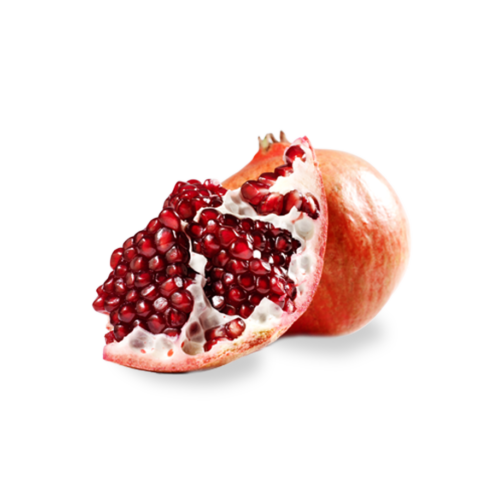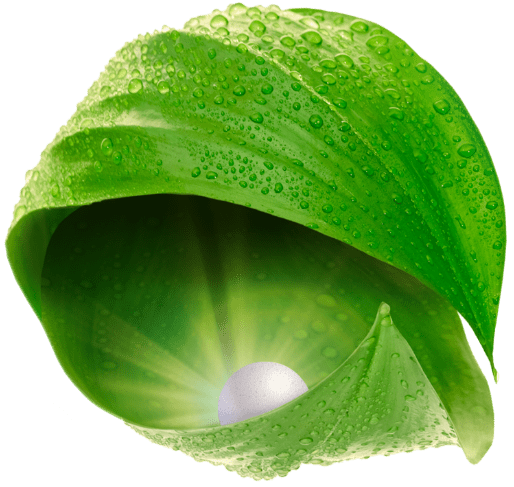
Pomegranate tree
Pomegranate (Punica granatum Linnaeus)
It is a deciduous, self-pollinating, bushy tree of the Punicaceae (Punicaceae). In Greece, the pomegranate is cultivated mainly on the North Aegean islands (Chios, Lesvos, Samos), in the Dodecanese, Crete, Argolida, Magnesia and Euboea. Rational nutrition is one of the most effective factors to increase the growth and productivity of these trees. However, rational fertilisation is a combination of a number of factors and interactions. The nutrition programme should aim at optimising inputs, increasing yield, quality, while protecting the environment, soil fertility and the sustainability of the crop. Pomegranate is demanding in various nutrients but mainly has high requirements for Potassium, Phosphorus and Nitrogen. Nutrient deficiencies have also been observed in elements such as Calcium, Magnesium, Zinc, Boron, Iron and Manganese. In addition, the use of specific nutrient formulations – biostimulants – maximises the genetic potential of the crop, while ensuring that its resistance to abiotic stress is enhanced. Finally, post-harvest applications are also of interest for the storage of nutrients in the root system.




